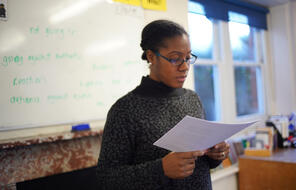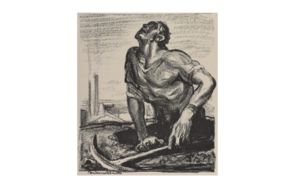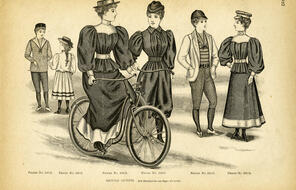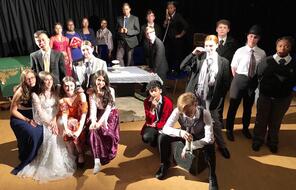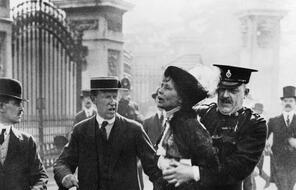Working Class Creatives: Excerpt Two
In this excerpt from her article, ‘When will we give working class creatives the support they deserve?’, journalist Eleanor Halls explores the barriers preventing working-class people from engaging with the arts.
. . .“It’s not enough to be talented – these days you need cash. Privileged actors who, as well as being talented, can go to drama school because they have family money to provide the cushion for them. So now we have a lot of dramas about privileged people played by privileged actors,” Steve Coogan told the Guardian, highlighting a vicious circle at play: the more middle-class people prop up the arts, the more middle-class issues take up the agenda. This in turn means less working-class people feel they can relate to the arts, and so they disengage . . . And our arts suffer for it. What is good art, TV, film and theatre without diversity of thought?
Deputy mayor for culture Justine Simons believes the root of the problem is our national curriculum, which has been greatly affected by government cuts. As state school budgets decrease, so do their extracurricular activities. This in turn affects take up of core creative subjects, which have dropped by 30 per cent since 2010 at GCSE level. An arts education has become yet another privilege. . . .
Another issue Simons acknowledges is nepotism, particularly when it comes to creative internships and work experience placements. “How many times have we all heard someone say, ‘My daughter needs an internship’? That just reinforces who’s in and who’s out,” says Simons. “And by not paying interns, you’re automatically cutting out an entirely working-class population. To work for free you need a private income and to be able to live at home. Employers hold the key. They need to change recruitment practices and be cognisant of nepotism, as well as to offer apprenticeships, which are often offered by big corporations but not small businesses.” 1
Connection Questions
- What, according to Steve Coogan, do people need now to work in the arts industry? What impact does this have on the arts industry?
- Why is it important to have ‘diversity of thought’ in art, TV, film and theatre? What do you learn from people who are different from you?
- Justine Simons believes the root of the problem is the National Curriculum. Do you agree or disagree? Explain your view.
- Summarise what you think are the three key points made in this excerpt.
- 1Eleanor Halls, ‘When will we give working class creatives the support they deserve?’, GQ Magazine, 27 October 2018.




